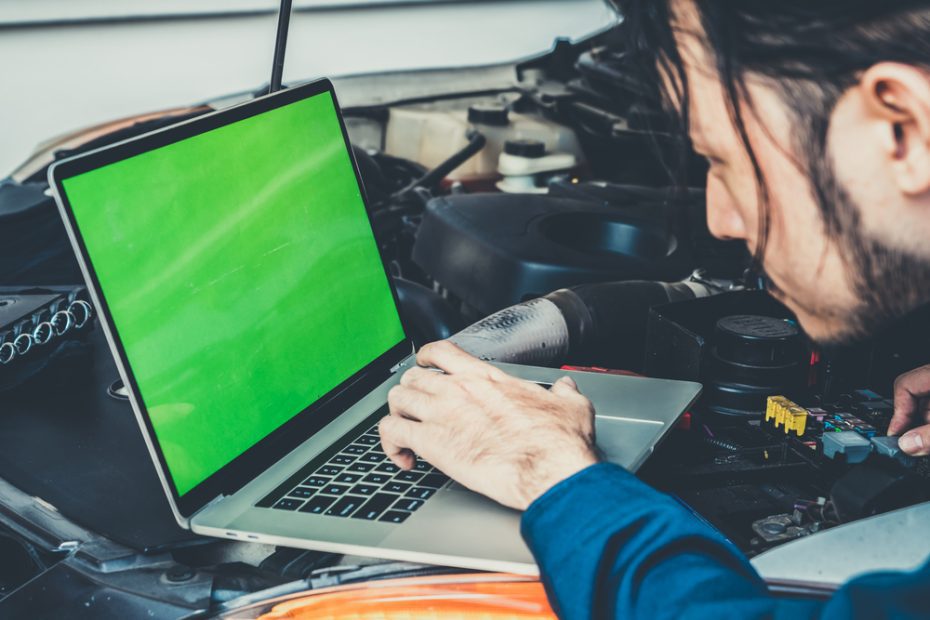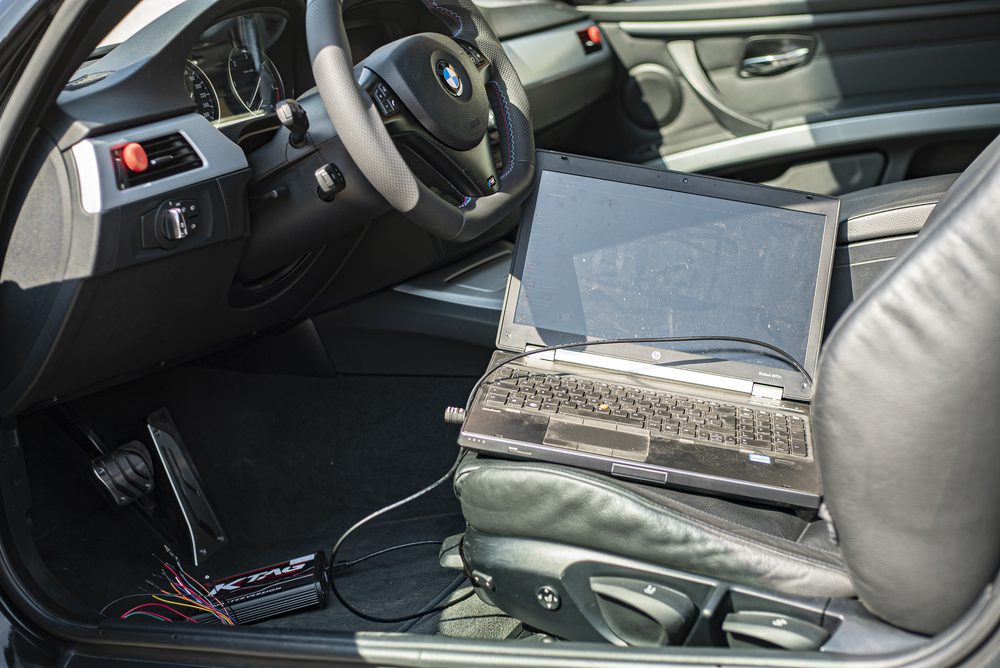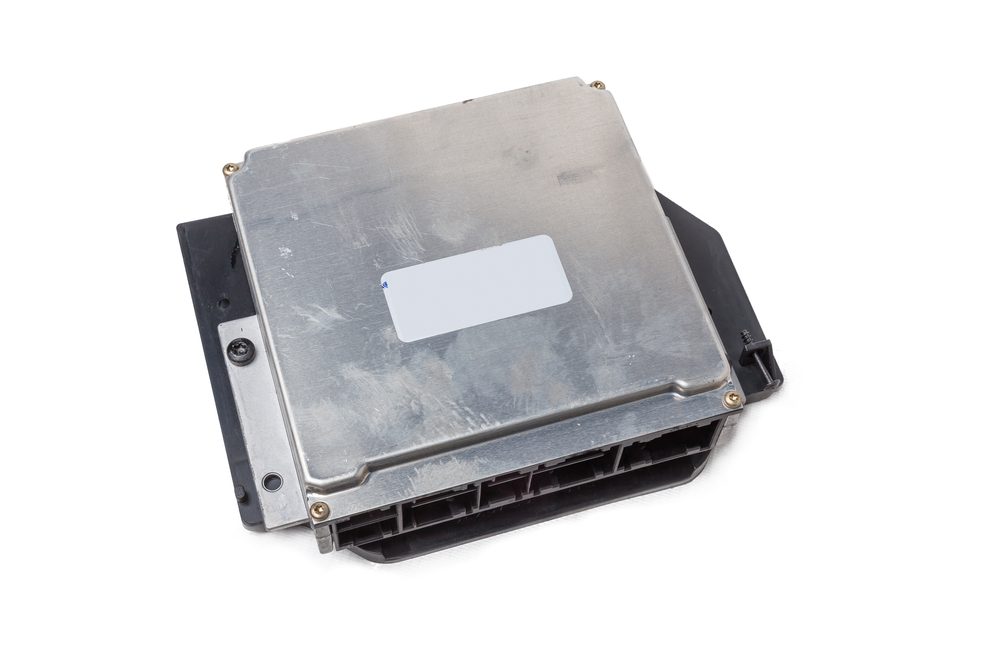Can you swap ECUs from car to car?
Electronic Control Units (ECUs) are an integral part of modern vehicles, responsible for managing various functions such as engine performance, emissions control, and safety systems. With advancements in technology and the ever-growing complexity of automotive electronics, many car enthusiasts wonder if it is possible to swap ECUs between different vehicles. While it may seem like a simple solution to enhance performance or resolve issues, the reality is far more complex.
The Role of ECUs in Vehicles
To understand why swapping ECUs between cars is not a straightforward process, let’s first delve into their function within vehicles. ECUs are specialized computers that communicate with different components of a car, gathering data and making real-time adjustments to ensure optimal performance. They use software programs known as firmware to interpret data from sensors and control the vehicle’s operations.
Each ECU is specifically calibrated and configured for a particular vehicle model and its corresponding hardware components. This means that the ECU of a Volkswagen Golf, for example, is designed to work seamlessly with the specific engine, transmission, and supporting systems installed in that particular car. Swapping ECUs would require ensuring compatibility in terms of both hardware and software, which can be extremely challenging.
The Challenges of Swapping ECUs
While it may be technically possible to physically install an ECU from one vehicle into another, it is highly unlikely to work without significant modifications and reprogramming.
“Swapping ECUs between different cars is rarely successful due to the intricacies of the software and hardware integration.”
– John Harris, Senior Automotive Engineer
Here are the main challenges that make swapping ECUs difficult:
- Hardware Compatibility: Different vehicles have varying hardware configurations, especially when it comes to engine components, sensors, and wiring harnesses. Swapping ECUs requires ensuring that all these components are compatible with the new ECU, which is often a complex task.
- Firmware Compatibility: ECUs rely on specific firmware that is coded and calibrated to work with the vehicle’s hardware. When swapping ECUs, the firmware also needs to be compatible with the new hardware configuration. This may involve reprogramming or modifying the firmware, which can be a highly technical and time-consuming process.
- Manufacturer Locks: Many vehicle manufacturers implement anti-theft measures and proprietary software protocols that prevent unauthorized access or modifications to the ECU. These locks make it extremely difficult to swap ECUs between different vehicles without the necessary permissions or tools.
- Legal Considerations: It is important to note that modifying the ECU or any other part of a vehicle’s electronic system may violate legal regulations and void warranties. Vehicle manufacturers invest significant resources in ensuring their vehicles meet safety, emissions, and performance standards, and unauthorized modifications can have serious consequences.
Alternative Approaches to ECU Modifications
While directly swapping ECUs between vehicles may not be feasible for the reasons mentioned above, there are alternative approaches that car enthusiasts can explore to modify their vehicles’ performance:
- Aftermarket ECUs: Aftermarket ECUs, also known as engine management systems, offer the ability to replace the original ECU with a performance-oriented unit. These aftermarket ECUs are specifically designed to provide greater control over the engine’s operations and can be programmed to optimize performance, adjust fuel mapping, and more. However, installing an aftermarket ECU usually requires professional expertise and may still require modifications to the vehicle’s hardware.
- ECU Remapping: ECU remapping, also referred to as chipping or tuning, involves modifying the software and calibration of the original ECU to enhance performance. This process typically involves connecting the ECU to a specialized device that reads and modifies the existing firmware. ECU remapping can offer noticeable improvements in power, torque, and fuel efficiency without the need for physical ECU swapping.
- Avoiding Unauthorized Modifications: It is essential to remember that unauthorized modifications can have significant consequences, both in terms of vehicle performance and legal implications. If you are considering any modifications to your vehicle’s ECU or other electronic systems, it is always recommended to consult with professionals who specialize in performance enhancements or tuning.
Conclusion
In conclusion, while it may be theoretically possible to swap ECUs between cars, it is not a practical or advisable solution. The complexity of hardware and firmware compatibility, manufacturer locks, and legal considerations make it highly unlikely to succeed without significant modifications and reprogramming.
Instead, car enthusiasts seeking to modify their vehicles’ performance should explore alternative approaches such as aftermarket ECUs or ECU remapping, which offer a safer and more reliable means of achieving desired enhancements. It is crucial to approach any modifications with caution and ensure compliance with legal regulations and warranty restrictions.



